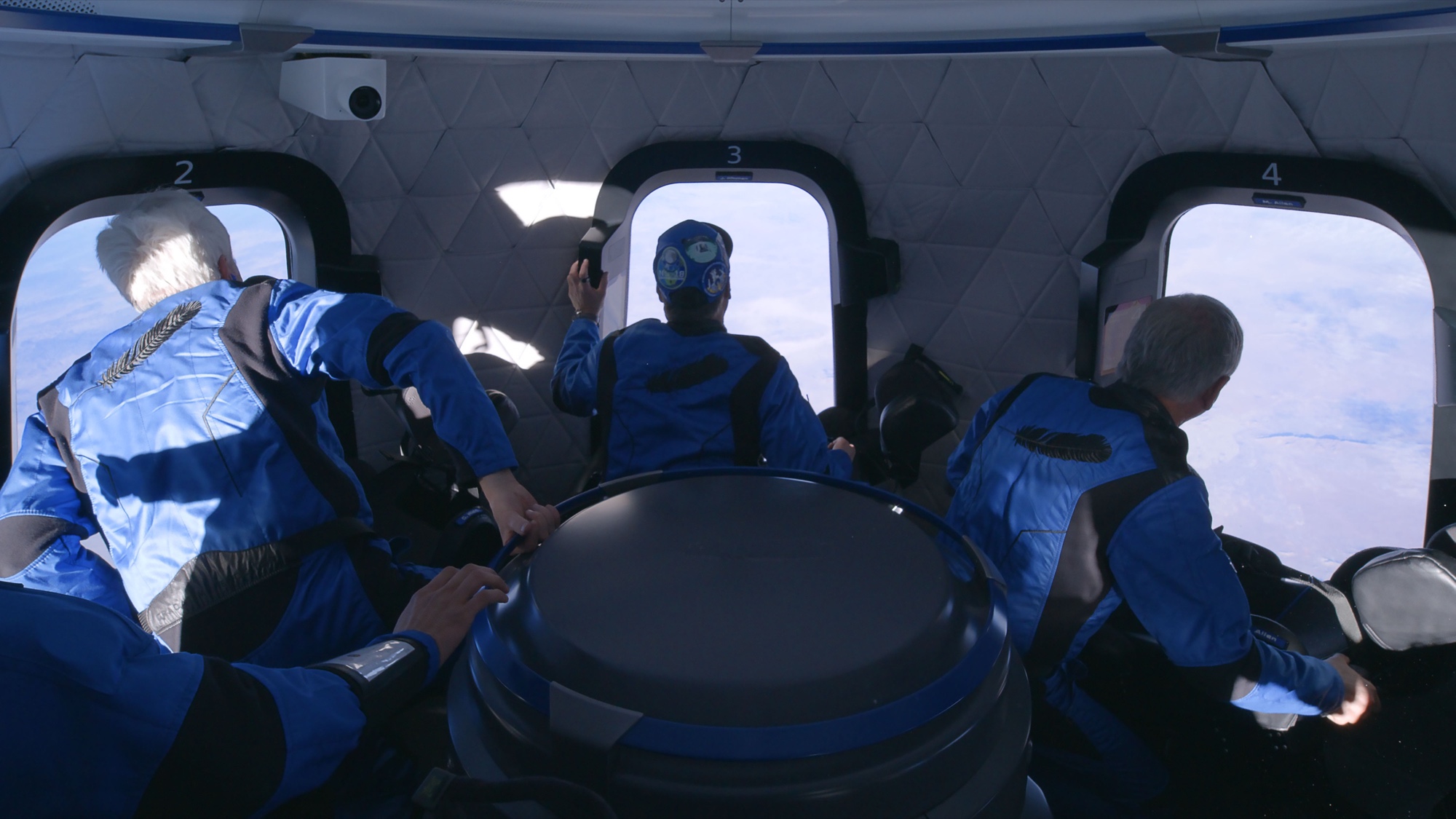WASHINGTON — A short-term funding bill passed at the last minute includes a three-month extension of the “learning period” limiting regulations on commercial spaceflight participant safety.
The House of Representatives and the Senate passed Sept. 30 a continuing resolution (CR) funding the federal government through Nov. 17. The bill passed by wide margins in both chambers and was signed into law by President Biden hours before the federal government would have faced a shutdown from a lapse of appropriations at the start of the 2024 fiscal year.
Included in the CR was a three-month reauthorization of the Federal Aviation Administration, whose previous authorization was also expiring at the end of September. Congress has been debating, but has yet to finalize, a long-term reauthorization for the agency.
Among the provisions in that FAA reauthorization was a three-month extension of the existing restrictions on the FAA’s ability to regulate safety for commercial spaceflight participants. That restriction, often called a “learning period” by the industry, was set to expire Oct. 1 but now runs until Jan. 1.
It’s unclear if the final version of the FAA reauthorization will include a long-term extension of the learning period, sought by some both in industry and in Congress. Speaker of the House Kevin McCarthy (R-Calif.) introduced a standalone bill Sept. 21 that would extend the regulatory restriction by eight years, through September 2031. That bill was referred to the House Science Committee, which has yet to take it up.
The expiration of the learning period would not instantly lead to any regulations regarding the safety of spaceflight participants on commercial spacecraft. In an interview in September, Kelvin Coleman, associate administrator of commercial space transportation at the FAA, envisioned a long-term process to develop regulations, starting with a space-related aerospace rulemaking committee established this summer that includes members of industry and academia to begin studies of potential future regulation.
“Regulations take years to really do, and do right,” he said. “In my view, really to get it right you need somewhere between three to five years.”
The last-minute CR avoided a government shutdown that had looked all but inevitable as the Republican-led House failed to pass spending bills, while the Democratic-led Senate was making slow progress on its own CR. Government agencies made plans to stop nonessential activities, which for NASA would have limited the agency primarily to operations of the International Space Station and other ongoing missions, as well as preparations for the Oct. 12 launch of the Psyche mission.
NASA Administrator Bill Nelson, in a Sept. 29 statement, warned a shutdown would have serious effects on the agency, blaming House Republicans. “If House Republicans force a shutdown, it will have devastating consequences for NASA, families across the country and America’s global competitiveness,” said Nelson, who previously represented Florida in the House and Senate as a Democrat.
